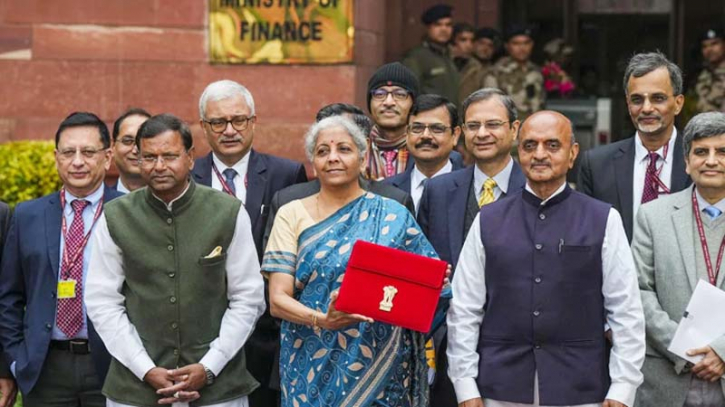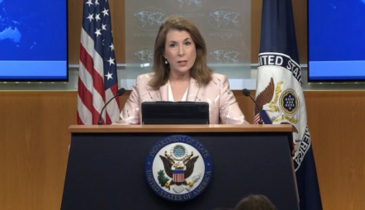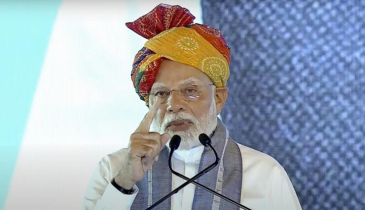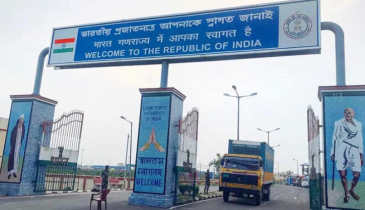India prioritizes fiscal discipline and infrastructure development in preelection Budget

In anticipation of the upcoming national election India is poised to significantly narrow its budget deficit for the fiscal year 2024-25.
focusing on key areas such as infrastructure and long-term reforms to drive economic growth, according to Finance Minister Nirmala Sitharaman's announcement during the government's latest budget presentation.
Describing India's economy as the fastest-growing among major nations and undergoing profound change, Sitharaman outlined a vision for the next five years marked by unprecedented development, aiming to realize the dream of a developed India by 2047.
Sitharaman emphasized that the forthcoming reforms would be developed in consultation with state governments. While the government has streamlined complex tax structures and invested in new ports and roads, challenges persist in liberalizing land acquisition and labor laws.
In a departure from extensive giveaways, the government expressed its commitment to reducing the fiscal deficit to 5.1% of GDP in 2024-25, down from 5.8% in the current year. Over the past three years, increased spending on infrastructure projects, including roads and bridges, has been a strategic move to stimulate the economy and generate employment.
The budget for the upcoming fiscal year outlines a notable 11% increase in capital expenditure for long-term projects, amounting to 11.1 trillion Indian rupees ($133.80 billion), even as the overall government spending rises at a more moderate 6%.
To bolster infrastructure development, the federal government has allocated 1.3 trillion Indian rupees in long-term loans to states. Despite being comfortably positioned in the election race, Prime Minister Modi's administration has refrained from announcing populist schemes, citing a focus on fiscal discipline and sustained economic development. Analysts suggest that Modi's personal popularity contributes significantly to the government's electoral advantage, allowing them to prioritize pragmatic policies over short-term populist measures.
.png)









